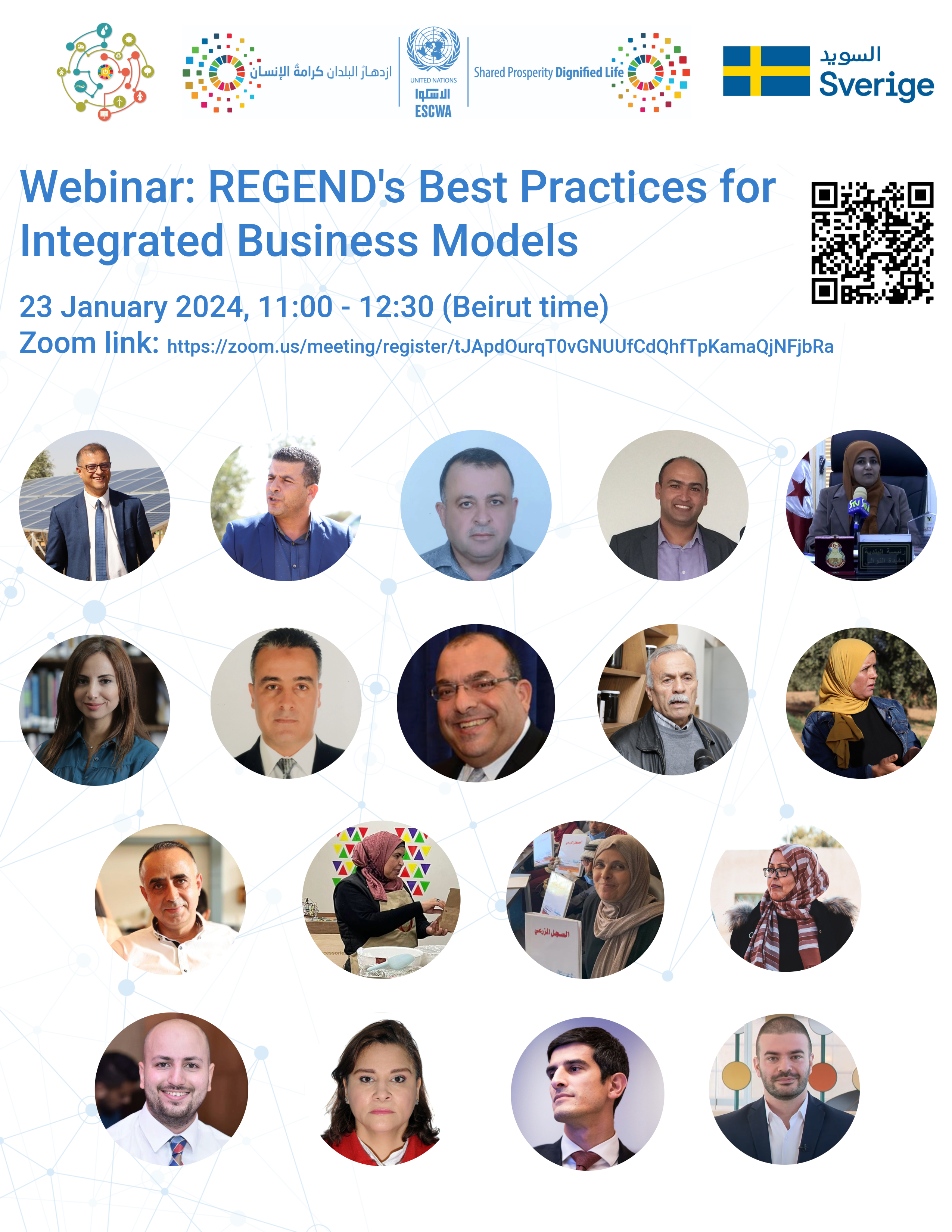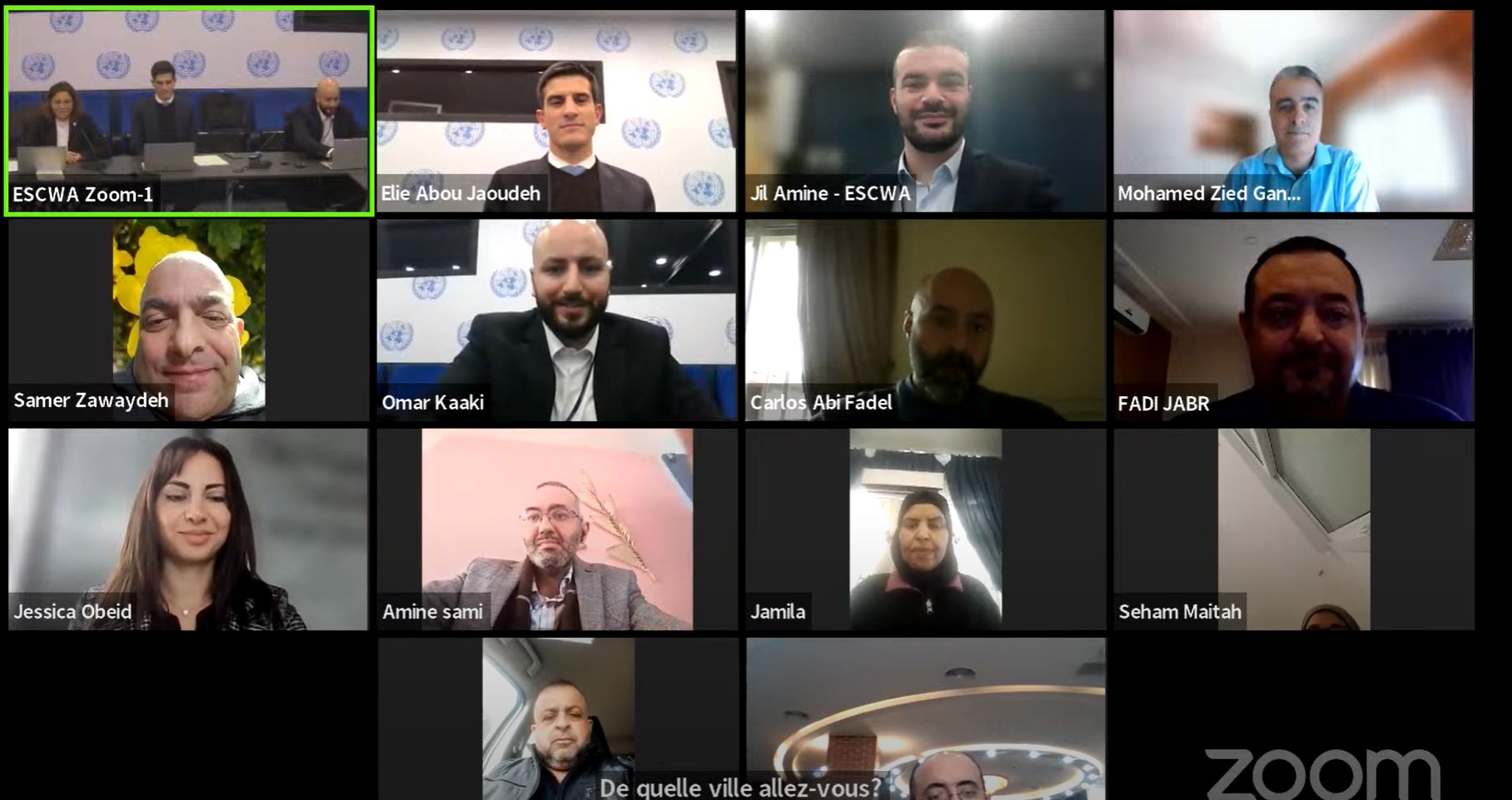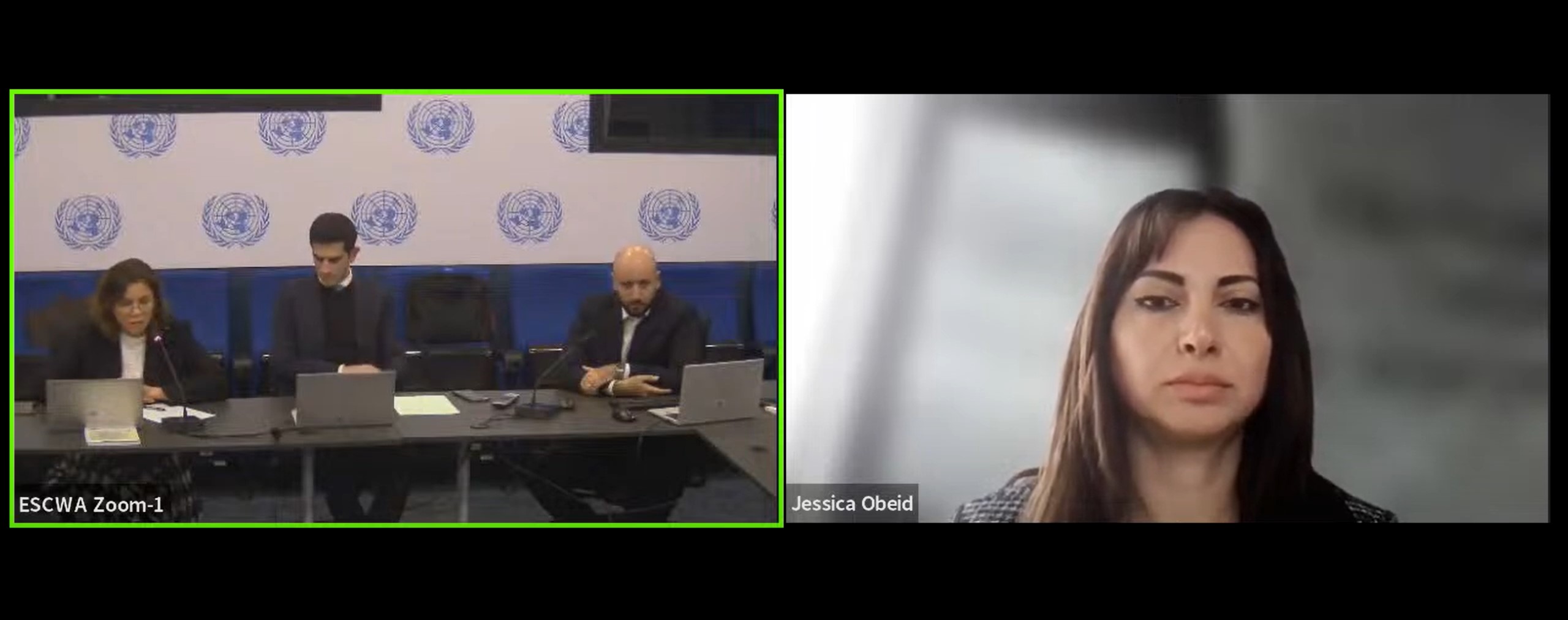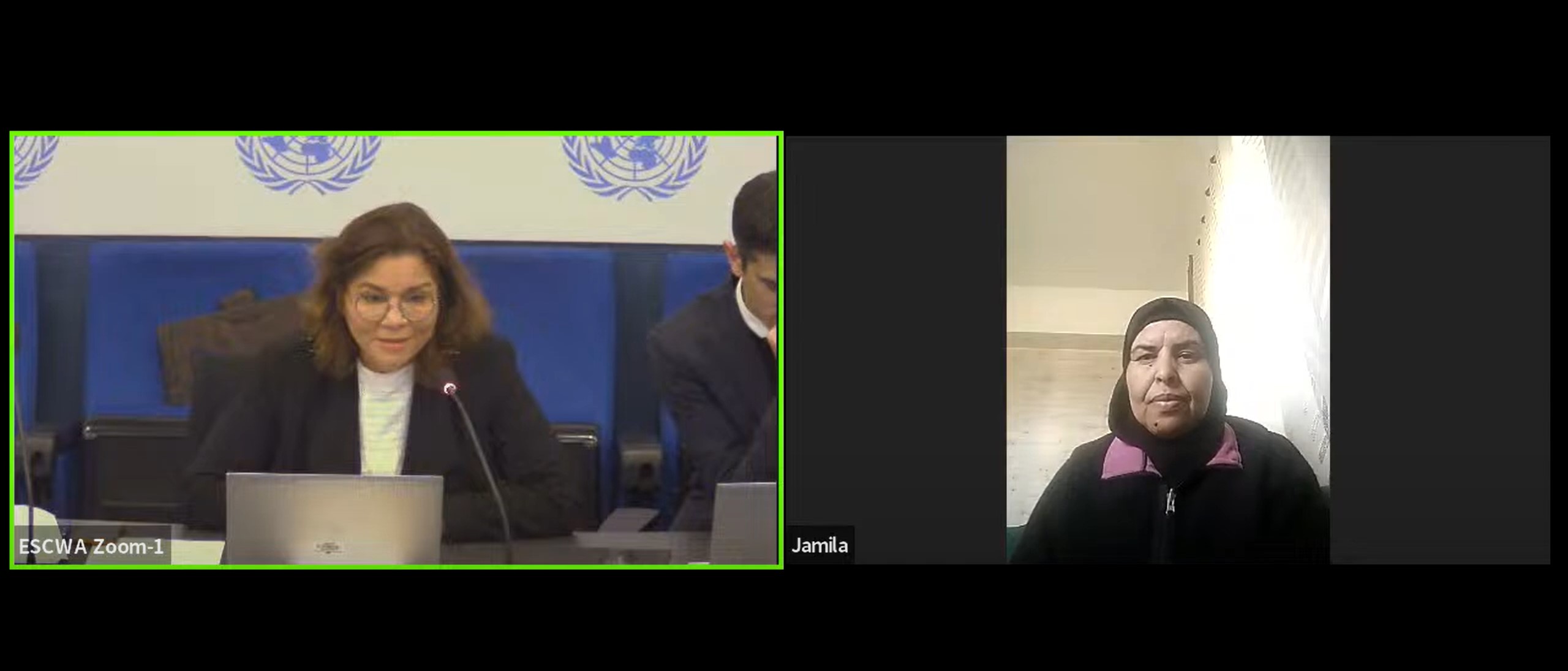ESCWA is organizing a webinar to discuss the Best Practices Policy Toolkit of the Regional Initiative to Promote Small–Scale Renewable Energy Applications in Rural Areas of the Arab Region (REGEND), which presents the implementation of an integrated business model using small-scale renewable energy technologies for income generating activities, entrepreneurial development and gender empowerment.
Building on the outcomes of REGEND, the toolkit is being developed to document experiences from the field and the impacts of the REGEND business model, as well as the obstacles that were addressed and the challenges that need further consideration.
Panelists and attendees are joining the webinar to present, discuss and provide feedback on the toolkit. Participants include REGEND beneficiaries, members of the local facilitating team, and members of the project team at national and regional levels.





